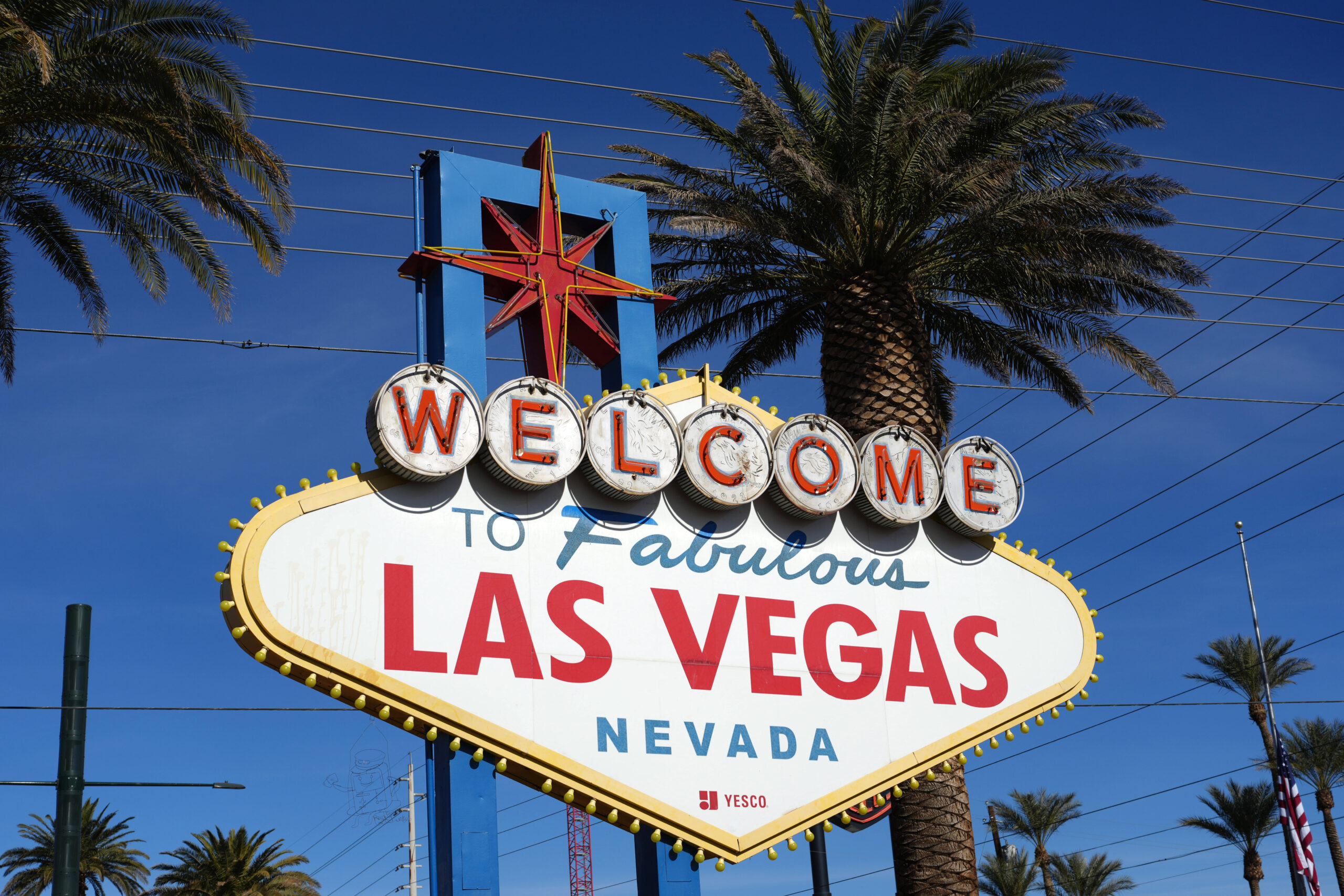
- Kalshi has filed lawsuits against both the New Jersey Division of Gaming Enforcement and Nevada Gaming Control Board
- Both groups levied cease-and-desist notices against Kalshi for their sports event prediction contract markets
- Kalshi believes state commission cannot intrude on government’s “exclusive” authority to regulate prediction markets
Perhaps the courts were always going to have to get involved in the sports event contract market conundrum.
KalshiEX LLC has filed lawsuits against both the New Jersey Division of Gaming Enforcement (NJ DGE) and Nevada Gaming Control Board (NGCB) for cease-and-desist notices sent to the company regarding their sports event prediction markets.
The company believes neither of the state regulatory bodies have the right to intrude on the government’s “exclusive” authority to regulate prediction markets.
Regulated Under Federal Law
The Nevada Gaming Control Board levied a cease-and-desist notice against Kalshi in early March, ordering the company to stop offering its sports event contract markets in the state by March 14.
The New Jersey Division of Gaming Enforcement last week issued its own cease-and-desist against Kalshi and Robinhood on March 27, giving the companies until midnight, March 29, to pull their sports event contract markets from the state.
Robinhood acquiesced to the notice, but Kalshi did not, instead filing lawsuits against both states.
“Kalshi is a federally-designated and approved derivatives exchange, subject to the CFTC’s exclusive jurisdiction. It offers consumers the chance to invest in many types of event contracts, including, as relevant here, sports-outcome contracts. These contracts are subject to extensive oversight by the CFTC, and – critically – they are lawful under federal law. Two months ago, the CFTC allowed Kalshi’s sports-outcome contracts to take effect without review,” Gurbir S. Grewal of Milbank LLP, counsel for Kalshi, wrote in the lawsuit against the NJ DGE.
Counsel argues that Congress previously gave the Commodity Futures Trading Commission (CFTC) exclusive jurisdiction to regulate futures trading on approved exchanges. As the CFTC has allowed Kalshi to launch its sports event contract markets, state law cannot “intrude on the comprehensive federal scheme for regulating designated exchanges.”
Kalshi Co-Founder, CEO Speaks Out
Kalshi Co-Founder and CEO Tarek Mansour recently took to social media to defend the company’s lawsuits against the state regulatory bodies.
“While they are not our regulators, both states have issued cease and desist orders that fundamentally misunderstand prediction markets and undermine the foundation of U.S. financial markets, which are regulated by the federal government. We have made every effort to engage proactively with both Nevada and New Jersey and try to educate them about prediction markets, how they are regulated, and how critical they are… but our words fell on deaf ears,” he wrote.
The CFTC will soon hold a public roundtable on sport event prediction contracts to provide its opinion on the market.
Kalshi, a San Francisco-based prediction market platform, has recently filed lawsuits against the states of Nevada and New Jersey over their restrictions on sports event prediction markets. The company argues that these restrictions are unconstitutional and violate their First Amendment rights.
Prediction markets allow users to bet on the outcomes of future events, such as sports games or political elections. These markets have gained popularity in recent years as a way for individuals to make predictions and potentially profit from their accuracy.
However, some states have imposed restrictions on these markets, citing concerns about gambling and the potential for manipulation. Nevada and New Jersey are two states that have particularly strict regulations on sports event prediction markets.
Kalshi’s lawsuits argue that these restrictions are overly broad and infringe on their right to free speech. The company believes that individuals should have the right to make predictions and engage in these markets without unnecessary government interference.
The outcome of these lawsuits could have significant implications for the future of prediction markets in the United States. If Kalshi is successful in challenging these restrictions, it could open the door for other companies to operate in this space without fear of legal repercussions.
In a statement, Kalshi’s co-founder and CEO, Tarek Mansour, expressed confidence in their legal arguments and commitment to defending the rights of individuals to participate in prediction markets. He emphasized the importance of innovation and free expression in the digital age.
Overall, the lawsuits filed by Kalshi against Nevada and New Jersey highlight the ongoing debate over the regulation of prediction markets and the balance between individual freedoms and government oversight. It will be interesting to see how these cases unfold and what impact they may have on the future of this rapidly growing industry.